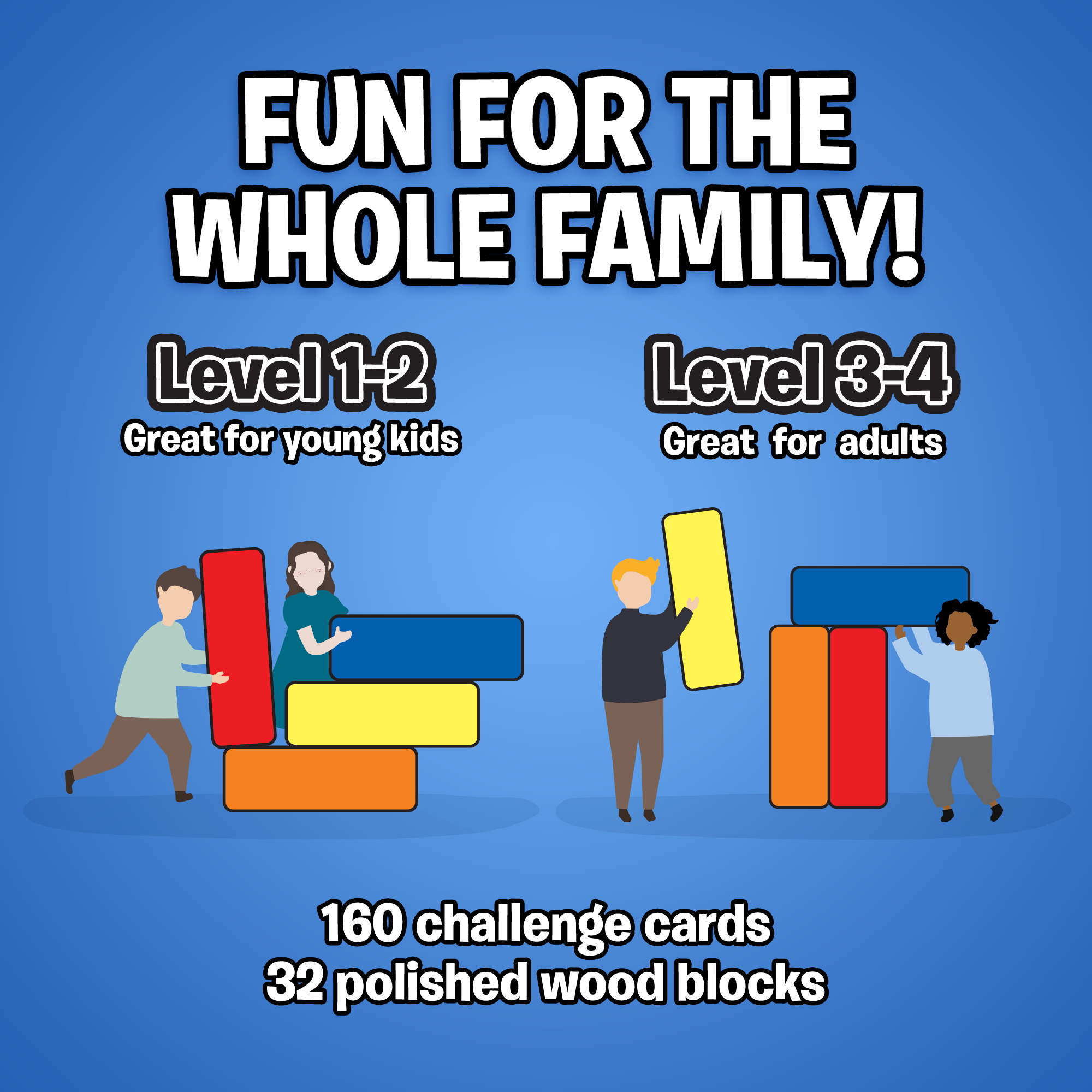Unlock Puzzle Secrets: Expert Tips & Tricks For All Levels!
Are you ready to embark on a journey of mental exploration and sharpen your intellect? Solving puzzles is more than a pastime; it's a gateway to enhanced cognitive function and a more agile mind.
Puzzles, in their myriad forms, have captivated humanity for centuries, serving not only as a source of entertainment but also as a powerful tool for cognitive development. This comprehensive guide delves into the intricate world of puzzle-solving, offering expert tips and strategies to elevate your skills, boost your confidence, and transform you into a master solver. From the intricate landscapes of jigsaw puzzles to the logical challenges of crosswords, we'll unravel the secrets to conquering any puzzle that crosses your path. Prepare to unlock the hidden potential within your mind and discover the profound satisfaction of unraveling complex challenges.
Table of Contents
- Biography of Puzzle Masters
- A Brief History of Puzzles
- Types of Puzzles
- Strategies for Solving Puzzles
- Tools and Resources for Puzzle Solvers
- Puzzle Tips for Beginners
- Advanced Puzzle Tips
- Benefits of Solving Puzzles
- Common Challenges and Solutions
Biography of Puzzle Masters
The world of puzzles has been shaped by brilliant minds, individuals who have not only created intricate challenges but also propelled the evolution of puzzle-solving as an art form. These puzzle masters, through their creativity and expertise, have inspired generations of enthusiasts. Their legacies continue to challenge and delight, ensuring that the pursuit of mental agility remains a cornerstone of human ingenuity.
- Is Gunther Eagleman Real Unveiling The Mystery
- Discovering Hyungry Temporary Replacement 3 Whats The Hype
| Name | Born | Died | Notable Contributions |
|---|---|---|---|
| Sam Loyd | 1841 | 1911 | Creator of the famous "15 Puzzle" and numerous other logic puzzles; Known for his clever use of trick questions and visual illusions. |
| Ernő Rubik | 1944 | - | Inventor of the Rubik's Cube; His creation revolutionized puzzle-solving and became a global phenomenon. |
| Will Shortz | 1952 | - | Editor of The New York Times Crossword Puzzle; He is the leading authority in the world of crossword puzzles, and has championed puzzle-solving and its benefits. |
A Brief History of Puzzles
Puzzles have been an intrinsic part of human culture for millennia, weaving their way through history from ancient civilizations to the digital age. The origins of puzzle-solving can be traced back to ancient societies. The earliest recorded puzzle dates back to approximately 2500 BCE in ancient Egypt, where a stone carving depicted a dissection puzzle, revealing the enduring human fascination with challenges. Throughout the centuries, puzzles have evolved alongside cultural shifts, reflecting the ingenuity and creativity of each generation. From riddles to word games, these activities have consistently captivated minds and entertained people of all ages and backgrounds.
Types of Puzzles
The diversity of puzzles mirrors the limitless bounds of human creativity. From the tactile joy of manipulating physical objects to the mental gymnastics required by abstract challenges, there's a puzzle type to suit every preference. Recognizing these categories allows solvers to refine their strategies and pinpoint the types that ignite their passions and cultivate their cognitive skills.
Classifying Puzzles
Puzzles come in a remarkable array of shapes, sizes, and formats, each offering its own unique challenge and engaging a specific set of cognitive skills. Understanding these different types helps in developing targeted approaches and appreciating the broad scope of puzzle-solving as an art and science.
- Decoding Anjali Aroras Viral Video What You Need To Know
- Taylor Earnhardt Net Worth How Shes Making Waves
- Jigsaw Puzzles: These involve assembling irregularly shaped pieces to form a coherent picture, testing pattern recognition and spatial reasoning.
- Crossword Puzzles: These word-based puzzles challenge vocabulary, general knowledge, and the ability to deduce from clues.
- Sudoku: Number-based puzzles requiring the logical arrangement of digits in a grid, strengthening deductive reasoning and concentration.
- Rubik's Cube: This 3D puzzle demands spatial reasoning, color recognition, and the ability to visualize and execute complex moves.
- Logic Puzzles: Brain teasers that require rigorous deduction and reasoning from given premises, sharpening analytical skills.
Strategies for Solving Puzzles
Effective puzzle-solving demands a strategic approach that combines logical thinking, analytical skills, and the ability to adapt. Mastering these strategies empowers solvers to approach challenges methodically and efficiently, turning frustration into triumph.
Start with the Basics
Initiate any puzzle by meticulously understanding its rules, objectives, and constraints. For jigsaw puzzles, a preliminary sort based on color, shape, and pattern can be a helpful first step. In the realm of crosswords, starting with shorter clues or those that seem more accessible provides an initial foothold, building momentum and familiarity.
Break It Down
Complex puzzles can be daunting; the key is to break them down into manageable sections. This strategy is particularly effective with intricate puzzles such as Sudoku, Rubik's Cube, or large-scale jigsaw puzzles. By focusing on smaller, more specific areas, solvers can identify patterns, apply strategies, and ultimately make progress.
Stay Persistent
Puzzle-solving inherently requires patience, determination, and a willingness to persevere. Do not be disheartened by initial challenges or slow progress. Maintain a steady approach and the solution will gradually reveal itself. Embrace setbacks as opportunities to learn and refine your tactics, remembering that persistence is a core component of success.
Tools and Resources for Puzzle Solvers
Equipping yourself with the appropriate tools and resources can significantly enhance your puzzle-solving experience, transforming a potentially frustrating endeavor into an enjoyable and rewarding pursuit. Here are some invaluable resources to consider.
Online Puzzle Platforms
Online platforms provide a wealth of puzzles for all skill levels and preferences. Websites like The New York Times Crossword offer a diverse range of crosswords, from easy to challenging. Puzzle Baron is another excellent platform, providing a variety of puzzle types. These sites enhance the experience by providing a platform for exploration and development.
Puzzle Apps
Mobile apps have emerged as a powerful tool for puzzle enthusiasts, offering a convenient and engaging way to sharpen skills and entertain. Lumosity offers a variety of brain training games designed to enhance cognitive functions. Apps like Chess.com, offer chess-based puzzles and strategies, fostering logical thinking and strategic planning.
Puzzle Tips for Beginners
For those new to the world of puzzles, starting with the basics is essential. These puzzle tips will help build confidence and develop the necessary skills to advance to more challenging puzzles.
Start Small
If you're new to the world of puzzles, the best strategy is to start with simpler challenges. Begin with puzzles that align with your current skill level to build a solid foundation. Gradually increasing the difficulty as your confidence grows allows for gradual skill development. Success breeds confidence, making each subsequent puzzle more achievable.
Set Realistic Goals
Avoid setting unrealistic expectations. Approach each puzzle with achievable goals. Celebrating even small victories along the way ensures continuous motivation and enjoyment. Acknowledging progress, even in incremental steps, reinforces the desire to learn and improve.
Seek Help When Needed
There is no shame in seeking assistance or consulting online resources when you encounter a roadblock. Consider it as an opportunity to gain knowledge, learn a new approach, and move forward with renewed perspective. Many websites and forums provide hints, walkthroughs, and a community of enthusiastic puzzle solvers ready to assist.
Advanced Puzzle Tips
For experienced puzzle solvers, honing advanced techniques and integrating creativity are essential to conquer complex challenges. The advanced puzzle tips focus on expanding the mental toolkit and optimizing your approach.
Think Outside the Box
Advanced puzzle solvers rely on creative thinking. This involves looking beyond the obvious and exploring unconventional solution paths. Experimenting with different approaches and not being afraid to depart from standard methods can unlock new insights and reveal solutions that might have been overlooked.
Practice Regularly
Consistent practice is fundamental for skill development. Dedicate a specific time each day or week to solve puzzles. This regular engagement sharpens abilities and accelerates progress. The more you practice, the more intuitive your approach becomes.
Join a Community
Engaging with other puzzle enthusiasts can provide valuable insights, support, and motivation. Whether through online forums or local groups, these communities offer the opportunity to share tips, techniques, and celebrate successes. Connecting with others expands your knowledge and enhances your enthusiasm for puzzle-solving.
Benefits of Solving Puzzles
Beyond entertainment, puzzles offer a wealth of benefits that extend far beyond simple fun. They provide a mental workout that offers significant cognitive advantages.
- Improves cognitive function and memory.
- Enhances problem-solving skills and critical thinking.
- Reduces stress and promotes relaxation.
- Boosts confidence and self-esteem.
Common Challenges and Solutions
Every puzzle solver encounters obstacles. Understanding these common issues and how to resolve them allows for continuous improvement and an ability to deal with challenges, paving the path to success.
Getting Stuck
When you encounter a challenging puzzle, a break can often be the most effective strategy. Step away from the puzzle, take a mental break, and then revisit it later with a fresh perspective. A renewed outlook often brings new insights.
Running Out of Time
If time is a constraint, setting a timer can provide a focused approach. This method enables you to balance challenge and focus, maintaining both engagement and motivation. It provides a structured framework for concentration.
Feeling Frustrated
Frustration is a natural part of puzzle-solving; it's an indication that the puzzle is challenging you. Taking deep breaths, pausing, and refocusing can bring clarity. Remembering your progress and the effort already invested can provide the necessary motivation.


Detail Author:
- Name : Dameon McClure
- Username : winnifred.okeefe
- Email : daisha02@mcdermott.com
- Birthdate : 1987-05-13
- Address : 7267 Aniya Isle Apt. 585 Mohrmouth, NJ 89439
- Phone : +1-740-990-8175
- Company : Jakubowski, Lynch and Bartoletti
- Job : Copy Writer
- Bio : Adipisci aliquid expedita dolorem ut dolorem. Dolorem sint aut ducimus earum nesciunt a et. Et sed laborum error nihil tempora ea laboriosam.
Socials
linkedin:
- url : https://linkedin.com/in/kaylin_official
- username : kaylin_official
- bio : Omnis ad soluta rerum et et sed qui quis.
- followers : 329
- following : 2572
tiktok:
- url : https://tiktok.com/@kaylin_xx
- username : kaylin_xx
- bio : Dolorem odio sit veniam tempore.
- followers : 429
- following : 2941
twitter:
- url : https://twitter.com/kaylin_dev
- username : kaylin_dev
- bio : Vel libero velit illo ipsam illo laborum enim. Totam repellat distinctio ex quod cum atque cum.
- followers : 6555
- following : 381